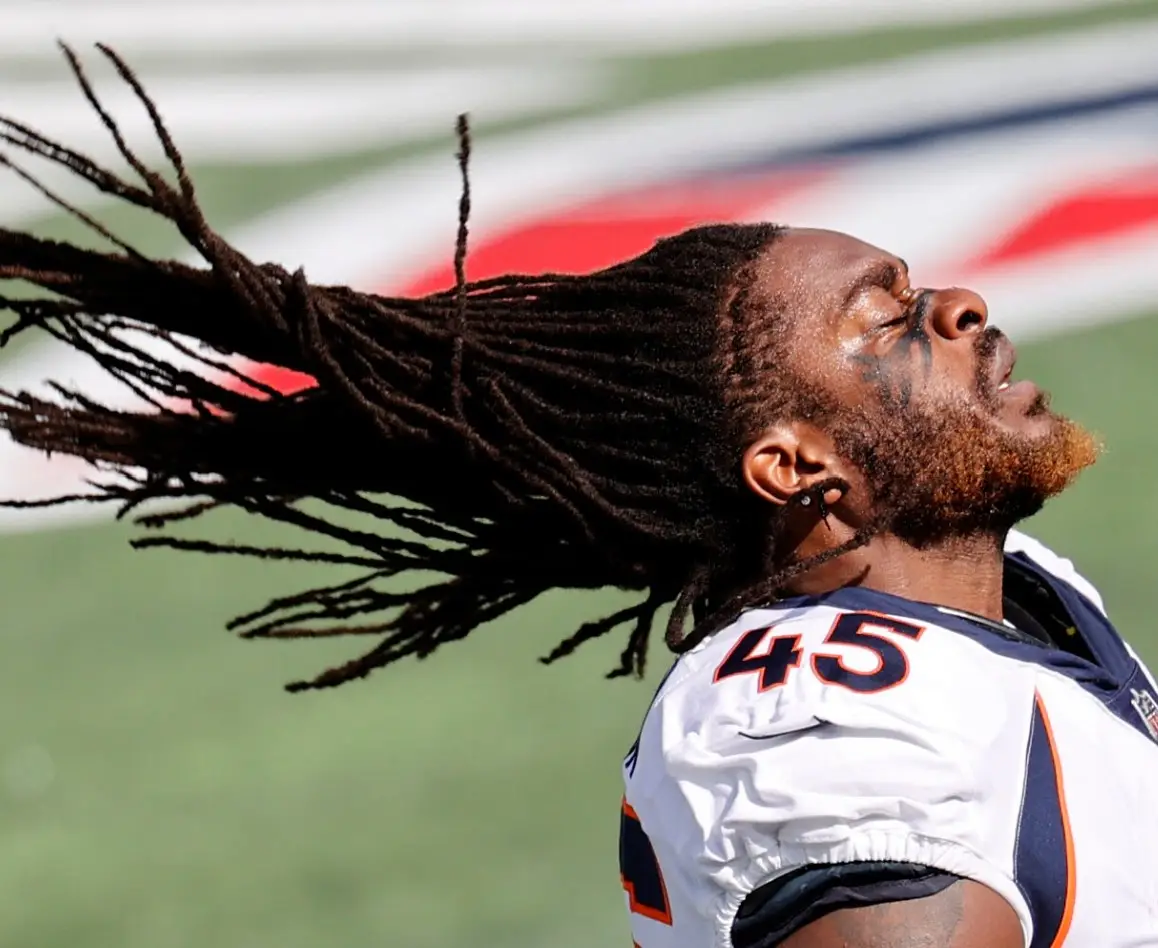Quarterbacks are more than just the stars of the game. Often, they’re the backbone of any successful football team, embodying a unique combination of skill, strategy, and leadership. If you’ve ever asked, “Can I have my quarterback strands?” you’re probably interested in what it takes to become a resilient leader—someone who steps up, commands respect, and tackles challenges with skill and confidence. This article dives into the qualities we can all learn from quarterbacks and how these “strands” of character can apply to life beyond the field and Can I Have My Quarterback Strands?
What Does It Mean to Have ‘Quarterback Strands’?
When we think of a quarterback, we don’t just see a player; we see a leader. In this sense, “quarterback strands” refers to the many layers that make up this leader’s mentality. Each “strand” might represent a particular skill or trait, like calmness under pressure, the ability to strategize, or the instinct to protect and uplift their team. To “have quarterback strands” is to adopt these qualities, turning them into a powerful approach to life and its challenges.
The Strand of Resilience
One of the most critical “quarterback strands” is resilience. Quarterbacks don’t just face physical challenges on the field; they often have to deal with immense mental pressure. Imagine making split-second decisions that could impact the entire game’s outcome. A resilient quarterback shakes off the pressure, resets after a setback, and stays focused on the win. This resilience can apply to everyday situations as well. Whether you’re in a demanding job or facing personal obstacles, resilience—the ability to adapt and keep moving forward—is a key strand to develop.
Mastering the Art of Strategy
Another defining strand is strategy. Quarterbacks need to understand the game on multiple levels. They study opponents, analyze patterns, and develop playbooks that help them outwit their competition. This skill isn’t limited to football; in any field, having a strategic mindset can set you apart. Knowing how to plan, adapt, and overcome, you’re one step closer to winning your game.
Teamwork and Trust
Quarterbacks may take center stage, but they’re nothing without their team. Building trust and working cohesively with others is essential to their success. In our own lives, “quarterback strands” of teamwork can strengthen our relationships, workplace collaboration, and personal bonds. When you create an atmosphere of trust and reliability, you become someone others want to rely on—a true leader.
Embodying the Quarterback Mentality in Life
So, can you have your quarterback strands? Absolutely! Developing these traits in yourself, even if you never step onto a football field, can make a profound difference. By embodying resilience, strategy, and teamwork, you’ll be equipped to handle life’s challenges with a quarterback’s mentality. Embrace these strands, and you’ll see how powerful they are in leading to personal and professional success.
What numbers are quarterbacks allowed to wear
In the NFL, quarterbacks are allowed to wear the numbers 0-19. The NFL has a system for assigning jersey numbers based on a player’s position, and the rules for quarterbacks have changed over time.

